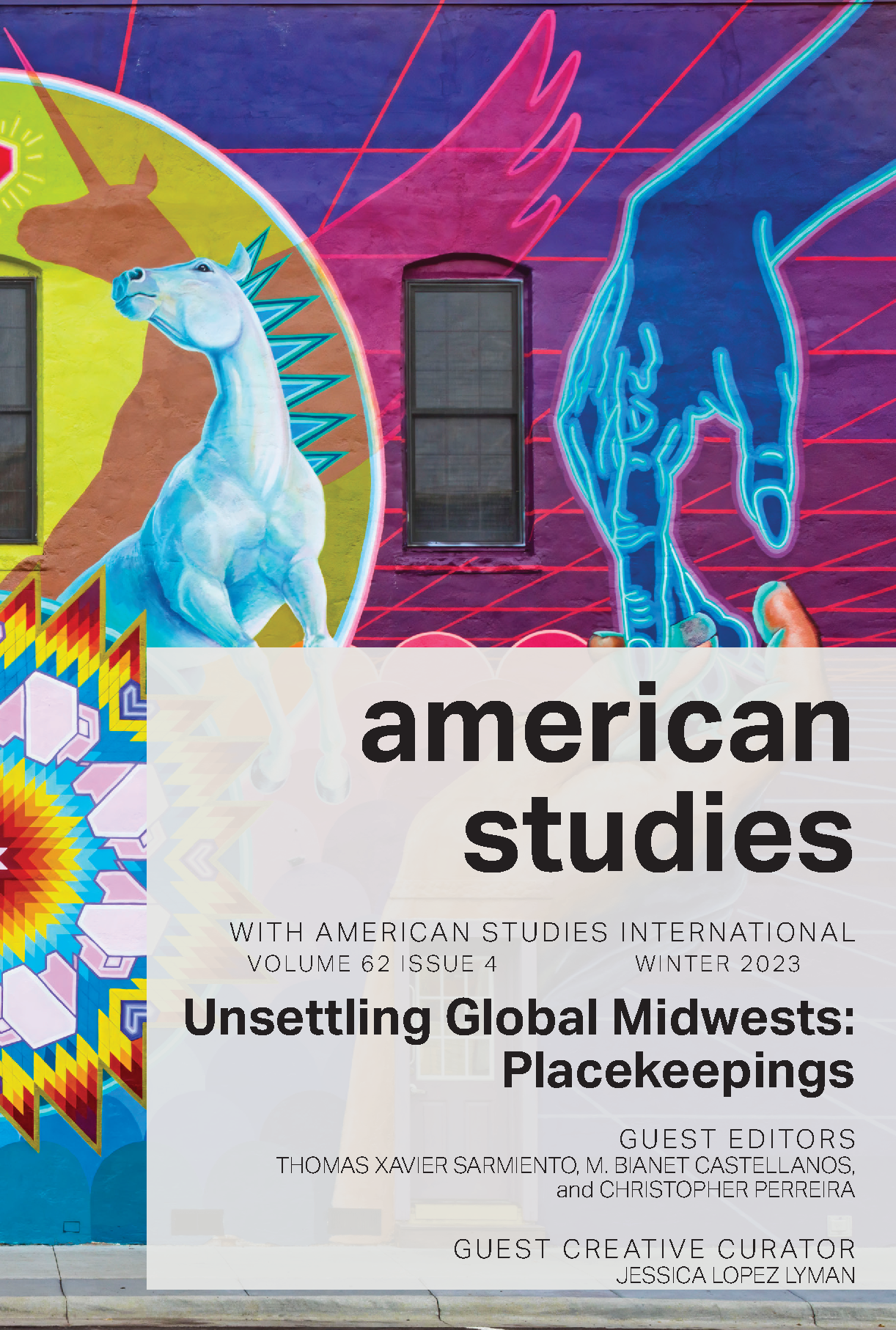Abstract
In Cleveland, Ohio the Asian American community is making place, working against local and national narratives of invisibility. Although Cleveland is not a place that most people associate with Asian American placemaking this case study is a fruitful location to understand the ways in which racial formation relies on both national and regional racial projects. The spatial segregation of Asian Americans into overcrowded neighborhoods, oftentimes within or adjacent to a “red light district,” served to perpetuate and fuel narratives of Asian place, and by association Asian people, as dirty, diseased, and derelict. Like communities of color across the country, Asian urban neighborhoods were targeted for “slum clearance” and forced relocation in the 20th century.
In this essay I analyze the Cleveland Asian Festival (CAF), an annual signature community event as a scenario that presents, represents, reinforces, and unsettles Asian American racial scripts. By examining the festival as both location and performance of Asian American place we can understand how the pervasive racial scripts: Asians as good immigrants and the exotic other continue to circulate, even as the festival works to unsettle anti-Asian discrimination. The CAF reveals the complex work of putting on a festival that does the work of both celebrating community and Asian American placemaking within the overall spatial logics of white supremacy that developed ethnic neighborhoods in the first place. The CAF, an example of community-led placemaking work simultaneously reinforces and complicates racial narratives of Asian Americans and Asian place.
All items © Mid-America American Studies Association
Authors: If you prefer to remove your text(s) from this database please contact the editor.

